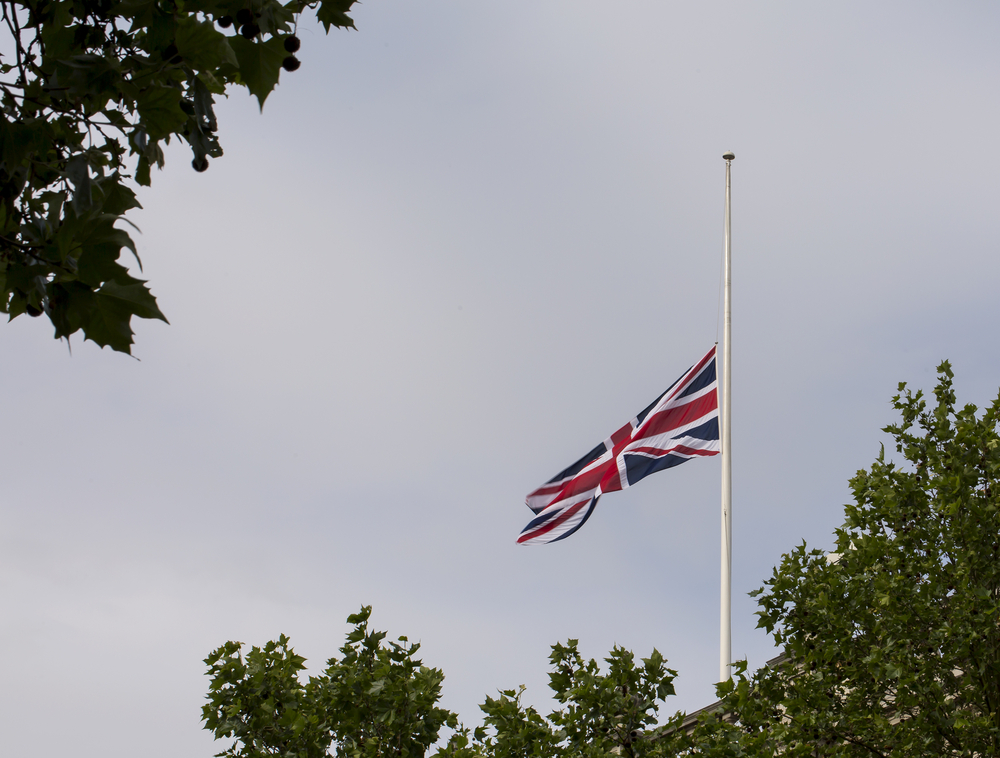Captain Sir Tom Moore who died on 2 February 2021 had become a national treasure, an iconic figure, carved out of the Covid-19 lockdown of 2020. The roots of his eventual fame were his decision, urged on by his family, to walk his garden 100 times, in the 100 days leading up to his 100th birthday, to raise £1,000, something good to do in the rather dull and sometimes unhappy times of Covid.
His project hit the television. He went viral. Within a short time, he captured the hearts and minds of millions in the UK, feeding the mood of the moment. The more he was filmed and interviewed, aided by his daughter, also charming, the more people warmed to him, the more money came pouring in. Thousands became millions in followers and pounds sterling, as he walked his garden each day. The nation was clapping for carers and the NHS staff especially on the Covid front line. He chose the NHS charities as his beneficiaries and they benefitted ultimately to the tune of a little shy of £40 million.
Tom has been lauded as a hero. Yet he was old, 99 and then 100, softly spoken and frail, but alert, with wit and wisdom. He cheered up lots of people, young and old; others were inspired into sponsored activities for charities of their choice. He was a nice man and people could relate to him.
He had fought for his country as a commander in tanks in the Second World War: he was made an honorary Colonel in the Army Foundation College to recognise his achievements. He liked cricket, and he was awarded an international Test cricket cap, blazer and all. He could not sing well, barely a note, but the version of “You’ll never walk alone” to which he contributed his voice became a chart number 1. The Prime Minister recognised his heroic contribution as a dose of inspiration during the pandemic. The Queen recognised his good service, and he became a Knight of the realm. His 100th birthday was marked by a Spitfire fly past among many other tributes, such as a building full of birthday cards. His story spread far beyond the UK.
People who met him admired his humility, and he obviously did not court celebrity, but the public awarded it. He seemed straightforward and kind. A family man. He was a patriot, a nationalist in the honourable way and perhaps he made patriotism more respectable again. His determination was plain, to meet his walking target supported by a Zimmer frame with wheels. He was thankful for the awards, appreciating but not luxuriating in the attention: he and his family seemed to find much of the attention and praise amusing, almost tongue in cheek.
He led a simple life, an ordinary man, made a hero because of extraordinary times. Flags now fly at half mast in memoriam, and eulogies pour in. The nation clapped his life performance. He will be a lasting memory of Covid time for many people, as much for his optimism and belief that tomorrow would be a good day. Perhaps he was simply authentic at a time when shallow celebrity prevails, and authenticity is in shorter supply. An extraordinary story of the last year of life for a decent man for whom people are giving thanks. Perhaps Captain Tom’s secret was simply to be himself.

